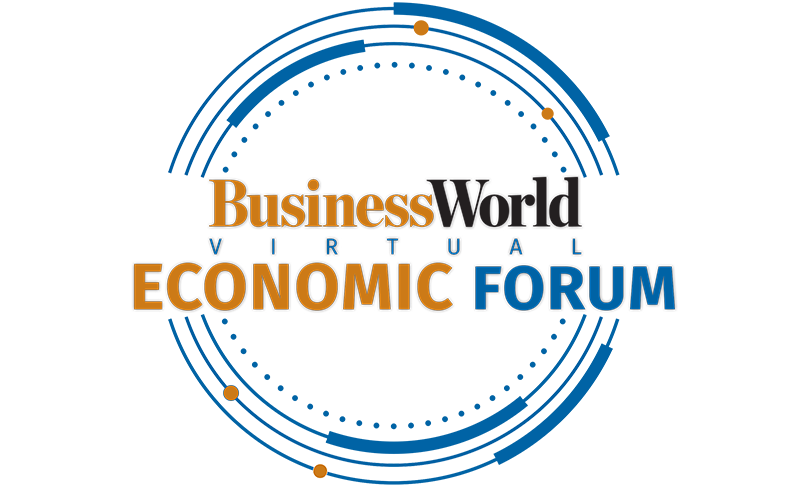
By Denise A. Valdez, Senior Reporter
THE coronavirus pandemic is prompting companies to prioritize big investments in the healthcare sector, in preparation for any future outbreaks.
“People are saying, how does one learn from a crisis like this? I think one area that all of us must focus on is reinforcing our whole healthcare system… I think pandemics will be with us as a new form of crisis in the future,” Jaime Augusto Zobel de Ayala, chairman and CEO of Ayala Corp., said during the BusinessWorld Virtual Economic Forum on Thursday.
Noting that the whole world is getting denser and the Philippine economy relies heavily on exporting its workers, Mr. Zobel said it is imperative to prepare for any viral outbreak in the future.
 “I believe all of us should have a renewed focus on our healthcare platforms, on what we need both from a government and from a private sector point of view, and make sure something like this doesn’t catch us unprepared in the future again,” he said.
“I believe all of us should have a renewed focus on our healthcare platforms, on what we need both from a government and from a private sector point of view, and make sure something like this doesn’t catch us unprepared in the future again,” he said.
The Ayala Group started investing in healthcare five years ago with the formation of Ayala Healthcare Holdings, Inc. (AC Health). Mr. Zobel said having a team of healthcare professionals within its group was a big help during this crisis.
Focusing on healthcare is also seen as key to reviving consumer confidence, which would help businesses recover faster.
Citing the government’s efforts on how to bring COVID-19 vaccines to the Philippines, Magsaysay Group of Companies President and CEO Doris Magsaysay-Ho said these developments help in improving market confidence that will spur more consumption.
“I think that in itself is hopeful that we’re on to that next step of how to ensure health is really addressed, and how fear can be overcome so that people can go back to their normal consumption and modes of living,” Ms. Magsaysay-Ho said.
The partnership between the public and private sector is also heightened during crises like this, which Mr. Zobel said should push companies to increase coordination with groups outside of its own.
“Solutions cannot be found by one entity by itself… The pandemic will not be the last thing that we have to tackle as a community. There are going to be so many other issues where we not only have to coordinate as a country, we have to coordinate with other countries as well,” Mr. Zobel said.
However, Ms. Magsaysay-Ho noted that businesses must also remember to remain competitive despite a shared crisis.
“The pandemic forces all to have a common purpose because we have a common enemy… (But) we have another (challenge), which is… competition. We have other countries that are competing with us,” she said.
She cited as example the companies that left China at the start of the pandemic, but which opted to go to other countries in Southeast Asia, and not the Philippines.
“We must be able to be in that picture of where people will come to invest,” Ms. Magsaysay-Ho said. “We must think a little more strategically to see how we can really build that prosperity.”
Mr. Zobel noted that the Philippines is full of very capable individuals in the medical field, which should serve as a competitive advantage against regional peers.
“I think we have the software, which are extraordinary nurses and doctors. We now have to support that with more capital infusion into some of the bricks and mortars side, the equipment side, and see if we can create the kind of infrastructure a country like ours would need for its healthcare space,” he said.

